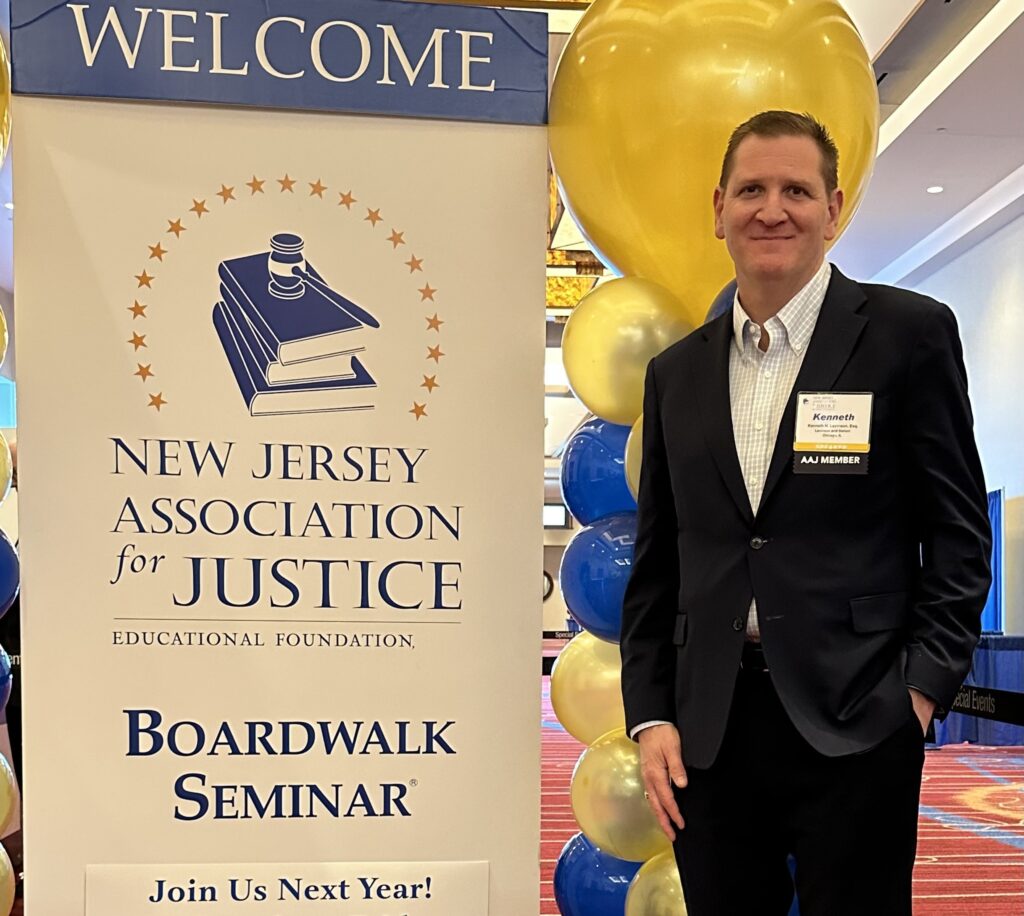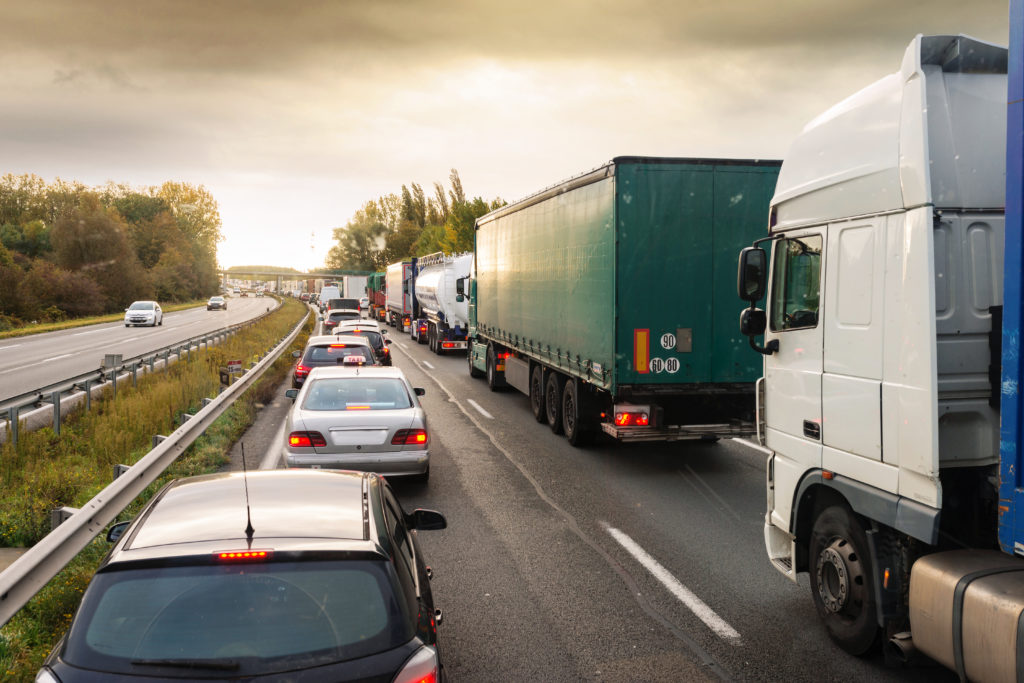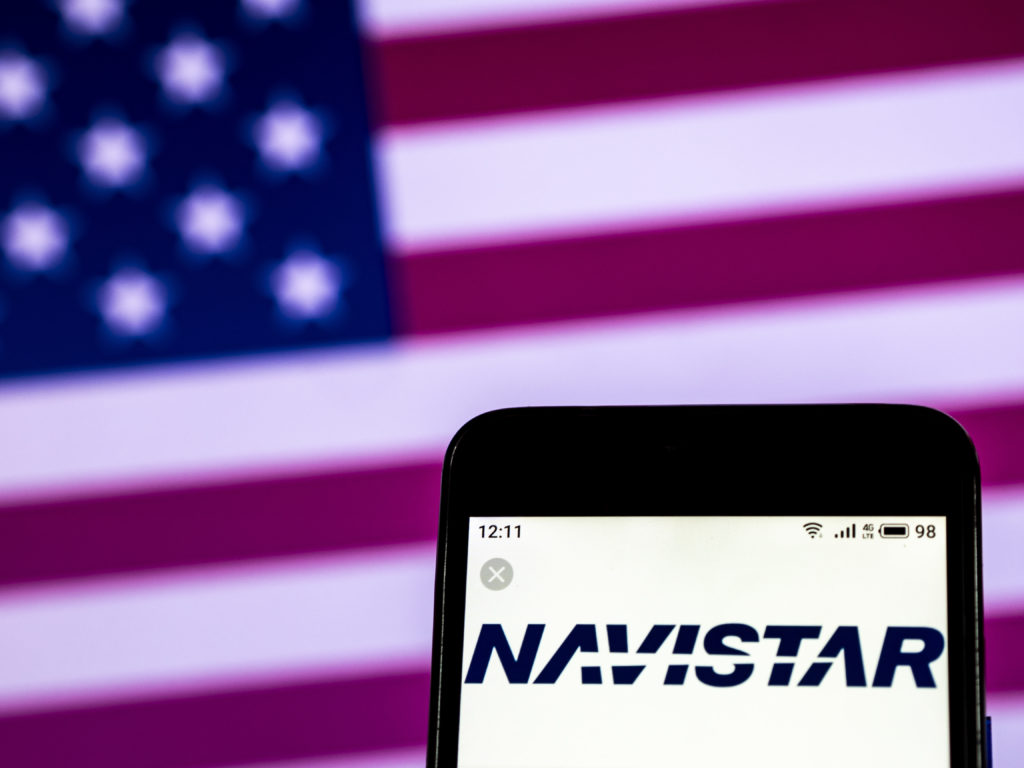
During the 2023 New Jersey Association for Justice’s Boardwalk Seminar, Ken Levinson presented on “Maximizing Damages in a Truck Crash Case.” Ken spoke during the trucking program, “A Peek into the Cabin,” on April 26, 2023.
The 3-day seminar took place from April 26, 2023, through April 28, 2023. Local and regional speakers presented 26 different programs for trial attorneys in attendance.
Ken founded his firm in 2014 in order to offer client-first legal representation for victims of personal injury from auto, truck, and bus crashes. Ken is a co- author of Litigating Major Automobile Injury and Death Cases, published by AAJ Press/Thomson-Reuters. Ken holds leadership roles with the American Association for Justice and the Chicago Bar Association. Ken also sits on the Illinois Trial Lawyers Association Board of Managers.




